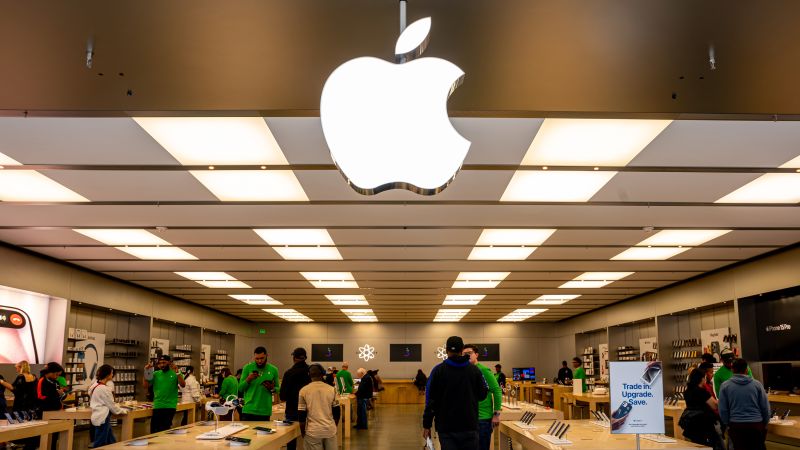Apple Store workers in Towson, Maryland, made history by becoming the first retail employees of the tech giant to unionize. They recently voted in favor of authorizing a strike, highlighting frustrations among workers regarding unresolved workplace issues. These issues include unpredictable scheduling practices and wages that do not align with the cost of living in the area. The International Association of Machinists and Aerospace Workers Coalition of Organized Retail Employees (IAM CORE) represents the workers and has been in contract negotiations with Apple management since last year.
The union’s negotiating committee emphasized that the strike authorization vote is a demonstration of solidarity and a clear message to Apple about workers’ rights and well-being. Despite this, Apple has not responded publicly to the vote, and the union has not announced when members will go on strike. In contrast, a vote for another store to unionize failed over the weekend. Apple employees at the Mall at Short Hills store in New Jersey voted against unionizing, with the Communications Workers of America claiming that Apple engaged in illegal union-busting activities.
Labor unrest has affected Apple and its retail stores, adding to the challenges the company is already facing, such as regulatory scrutiny, sluggish sales in China, and a recent iPad ad backlash. The National Labor Relations Board upheld a decision last week that accused Apple of using union-busting tactics in New York City. This wave of labor activity in Apple retail stores mirrors similar movements at other influential companies like Starbucks and Amazon. As Apple’s value grew to $3 trillion, the tight labor market following the Covid-19 pandemic has shed light on labor conditions and inequalities faced by workers in stores and warehouses.
The increased frustration among workers and the contagious nature of labor activity suggest a growing movement among employees to stand up for their rights. Kate Bronfenbrenner, the director of Labor Education Research at Cornell’s School of Industrial and Labor Relations, noted that when one group of workers takes a stand, it can inspire others to do the same. The organizing efforts at Apple and other major corporations reflect a shift towards increased worker empowerment and the push for better working conditions. These developments signal a changing tide in labor relations and highlight the importance of workers advocating for fair treatment and improved workplace conditions.
In conclusion, the unionization of Apple Store workers in Towson, Maryland, and the authorization of a strike mark a significant moment for labor activism within the tech giant’s retail division. Despite challenges and opposition, workers are standing up for their rights and demanding fair treatment from management. The wave of labor unrest at Apple stores, as well as other major companies, indicates a broader movement towards increased worker empowerment and the fight against unfair labor practices. This growing frustration and solidarity among workers signal a shift in the labor landscape, as employees continue to advocate for better working conditions and push for meaningful change within their workplaces.















